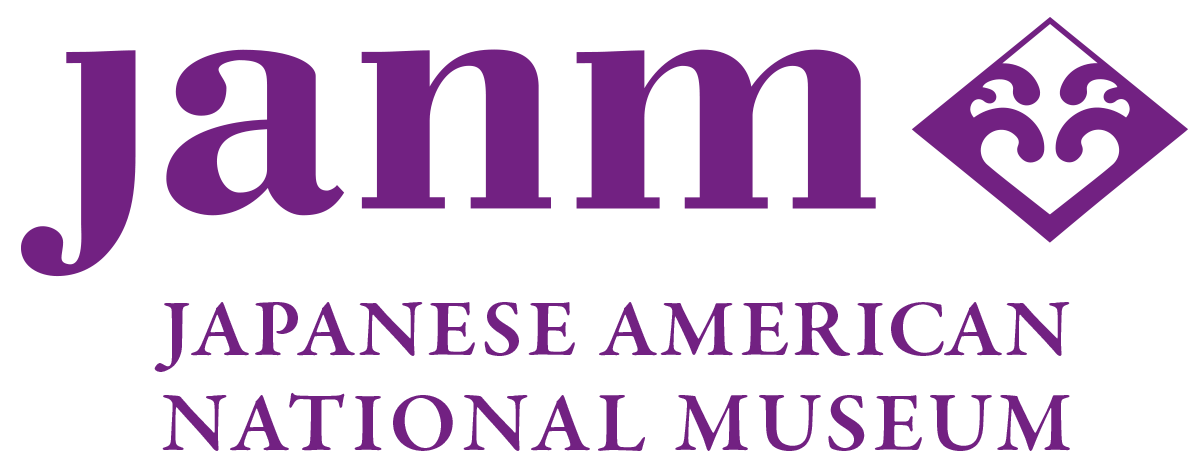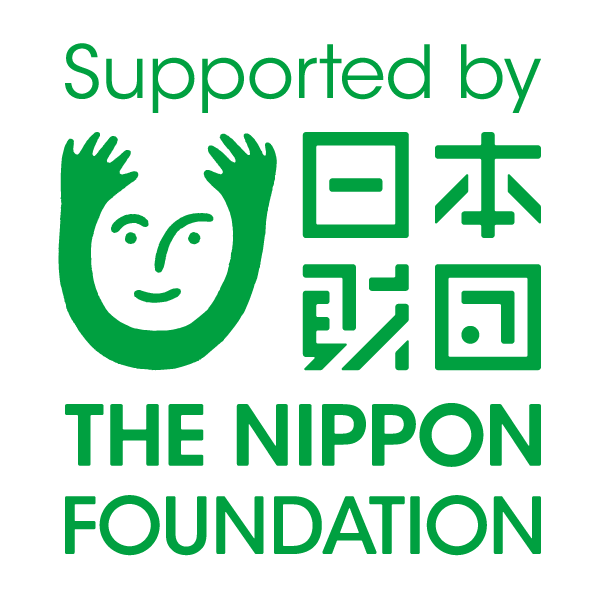"NIHONMACHI: THE PLACE TO BE" Musical to Premiere in San Francisco on August 25-26
| 2006年8月25 | — | 2006年8月26 |
Japanese Cultural and Community Center of Northern California (JCCCNC)
San Francisco, California
United States
“Nihonmachi: The Place to Be,” a new musical journey about California’s Japantowns featuring nostalgic Japanese and American songs, will have its world premiere in conjunction with the 100th anniversary of San Francisco’s Japantown on:
Friday, August 25, 2006, at 7:00 p.m.
Saturday, August 26, 2006, at 11:00 a.m.
at the Japanese Cultural and Community Center of Northern California (JCCCNC) in San Francisco.
Produced by the Los Angeles-based Grateful Crane Ensemble, and presented by JCCCNC, “Nihonmachi: The Place to Be” is written by San Francisco native Soji Kashiwagi, (“The Camp Dance: The Music & The Memories”), directed by Academy Award winner Chris Tashima (“Visas and Virtue”), with musical direction by Scott Nagatani.
“The JCCCNC is pleased to present this world premiere in celebration of San Francisco’s Japantown’s 100th anniversary. It’s a wonderful way for the entire community to gather, celebrate, reminisce and reflect upon what makes our Japantowns and memories of our Japantowns so important,” said Paul Osaki, JCCCNC Executive Director.
Funded by a grant from the California Civil Liberties Public Education Program (CCLPEP), as part of the Birth of A Community Grant, the two-act show tells the fictional story of Alan Iwata, a tired, burned-out, third generation manju maker who is shutting down his family business after 99 years in Nihonmachi (Japantown). But just before he closes his doors for good, the spirit of his Issei grandfather returns and takes Alan on a journey back some 77 years to Nihonmachi the way it used to be.
“And along the way,” said playwright Kashiwagi, “Our Sansei character meets his feisty Issei grandmother, sees his family business through the Great Depression, the war years in camp, resettlement after camp, redevelopment in the 50’s and 60’s, the Asian American Movement of the 70’s and the Redress Movement in the 80s.”
By learning his family history, said Kashiwagi, Alan realizes the tremendous sacrifices and challenges his family overcame to keep the family business alive, and in the end he decides it’s well worth the extra effort to work one more year so he and the community can celebrate 100 years of manju together.
“Our show tells a Nihonmachi story through the eyes of the Japanese American manju-ya family,” said Kashiwagi. “If you look at our three remaining Japantowns, the one business that has lasted 100 years or more is the manju-ya, so that’s why I decided to focus our story around this manju family.”
Similar in format to the Grateful Crane Ensemble’s hit touring show, “Camp Dance,” classic Japanese and American songs are interspersed throughout this show including “Oboro Zukiyo,” “Sumida Gawa,” “Jinsei Gekijo,” “Mennai Chidori,” “Don’t Fence Me In,” “Night and Day,” and “Koko ni Sachiari,” to name a few. Also included is a medley of songs in tribute to the late Misora Hibari, the enormously popular Japanese singer and actress.
“All of the songs will trigger fond memories and will take our community back to a special time and place in their lives,” said Kashiwagi. “For the Nisei, the Japanese songs especially will bring back memories of their Issei parents.”
“For the Sansei, these songs are also very emotional because they remember hearing their grandparent or parent singing them as they were growing up. And many of the songs, especially those by Misora Hibari, gave our community strength and hope and helped get us through some very difficult times throughout our history.”
The seven-member cast for the show includes Yoko Ibuki, Haruye Ioka, Keiko Kawashima, Kurt Kuniyoshi, Merv Maruyama, Helen Ota and Ping Wu. Musicians include Scott Nagatani on piano, Danny Yamamoto (of Hiroshima) on drums and San Francisco-based Sansei Mark Izu on bass and sho.
The JCCCNC is located at 1840 Sutter Street in San Francisco’s Japantown. Tickets are $25 general admission, $20 for seniors and students, and $15 for groups of 15 or more. For tickets and information, call the JCCCNC at 415.567.5505.
About CCLPEP
The California Civil Liberties Public Education Program (CCLPEP) was created in 1999 as the result of the passage of the California Civil Liberties Public Education Act (A.B.1914 and A.B. 1915) sponsored by Assemblymember Mike Honda. The legislation creates the California Civil Liberties Public Education Program, (CCLPEP). Its purpose is to provide competitive grants for public educational activities and the development of educational materials to ensure that the events surrounding the exclusion, forced removal and incarceration of civilians and permanent resident aliens of Japanese ancestry will be remembered and so that causes and circumstances of this and similar events may be illuminated and understood. Since its inception the CCLPEP has funded nearly 200 projects related to the Japanese American experience during World War II.
About JCCCNC
Envisioned by the Japanese American community, JCCCNC will be an everlasting foundation of our Japanese American ancestry, cultural heritage, histories and traditions. The JCCCNC strives to meet the evolving needs of the Japanese American community through programs, affordable services and administrative support and facilities for other local service organizations. The JCCCNC is a 501(c)(3) non-profit community center based in San Francisco.
# # #
 Susan
.
更新日 2010年7月9日
Susan
.
更新日 2010年7月9日


 Journal feed
Journal feed
